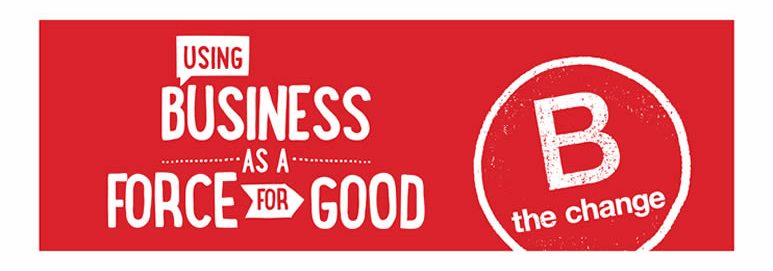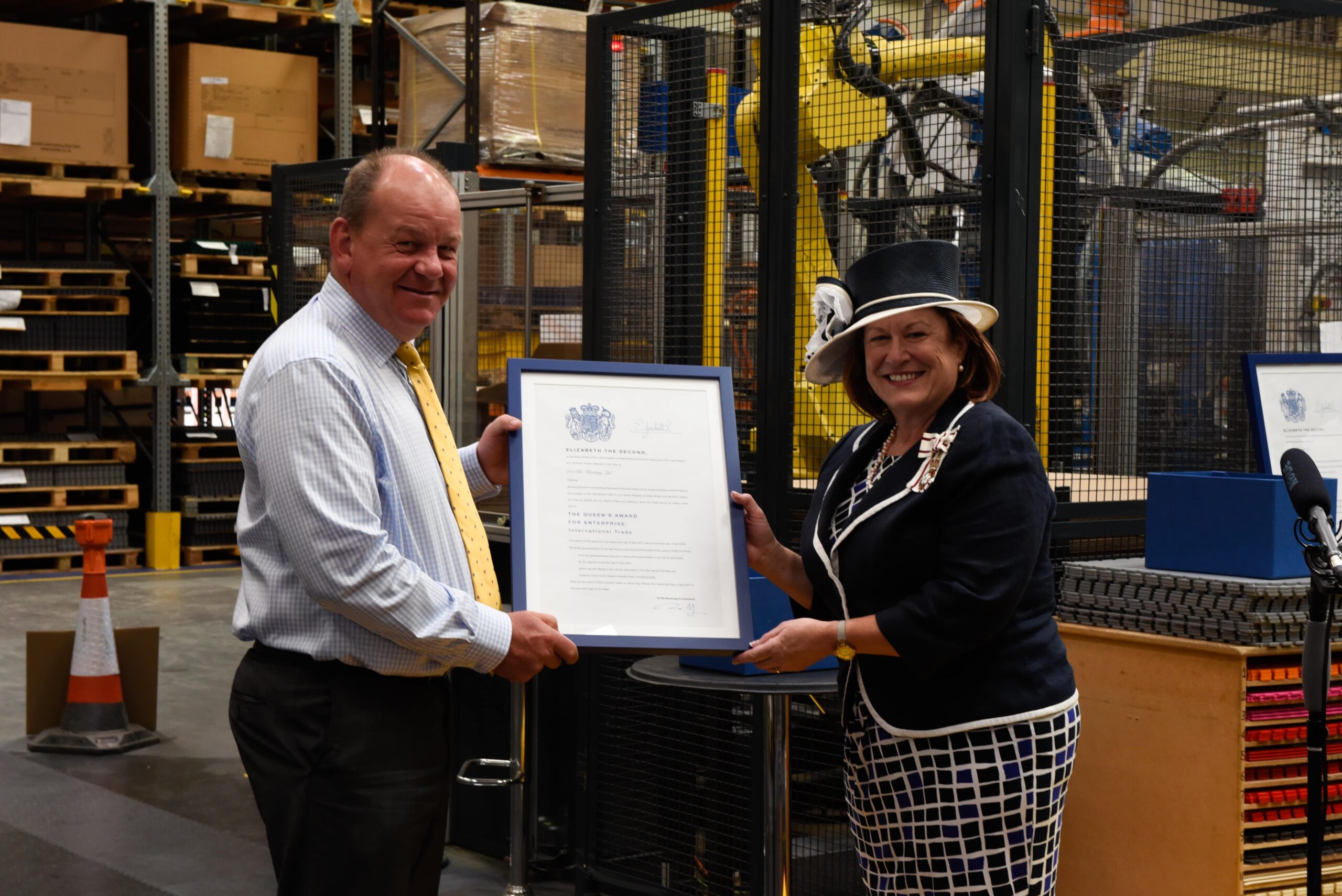
Those of you with your fingers on the sustainability pulse will already be familiar with B Corp. But as more and more businesses sign up – as consumers become increasingly demanding of the environmental credentials of their supply chain – B Corp looks set to become the ‘Soil Association’ equivalent of British industry in the 21st Century.
The ‘fair trade’ badge of its generation
Over the years we have gotten use to badges on our food. From ‘Fair Trade’ to ‘Free Range’ the power of consumer choice has pushed even the biggest global fast food retailers to re-evaluate their food production techniques. What is new about B Corp is the fact that for the first time this type of certification is starting to gain traction amongst global businesses.
B Corp’s stated aim is to challenge businesses to be, not just the best in their field from a profitability perspective, but to achieve this whilst helping to solve the social and environmental problems caused by modern living.
Whether that is an industrial manufacturer going green or a business that helps its local community to develop skills – the B Corp badge seeks to identify and champion the change-makers in each sector.
And whereas many food suppliers would once have scoffed at such talk in their own industry, few now dismiss the powerful impact that consumer preference has had thanks to organisation such as Fair Trade and the Soil Association.
The message to British Businesses? Ignore the winds of change at your peril.
We are already seeing property and infrastructure companies reacting to this new shift in consumer behaviour. A sharp rise in demand for sustainable housing across Europe and the US is very likely to be behind this.
The faces behind the sustainability badge
Cited as a ‘Trust Brand’ for corporations, some of the famous business leaders B Corp includes Sir Richard Branson, Julie Hill and Mary Robinson, Ireland’s first female President.
“Our vision of the future is a world in which the purpose of business is to become a driving force for social, environmental and economic benefit. Our mission is to help develop a ‘Plan B’ that puts people and planet alongside profit.”
Does this really matter to British Business?
There’s no doubt that UK manufacturing and heavy industry are recognising the emerging importance of how sustainability credentials impact on their brand. Previously we may have heard CEO’s complain that the extra burden of cost associated with being a sustainable business, but not anymore.
With successful manufacturers’ like Apple aiming for carbon neutral production plants, anyone who isn’t on board risks sounding out-of-touch and stuck in the past to investors and shareholders alike.
To find out more about B Corp you can watch their video here or visit them at their website.
If you are interested in driving sustainability changes in your organisation and would like to find out more about how Ecotile can help you achieve your goals – get in touch with us today.

CEO and founder James Gedye has established Ecotile as the leading provider of interlocking floor tiles to the UK and around the world. Founded in 1996 from his bedroom turned office, James has built Ecotile into a multi-million-pound business, with sustainability still at the heart of his vision.
Based in Luton, Bedfordshire, Ecotile remains a privately owned UK manufacturing company, precision engineering all products in a purpose-built ISO accredited factory.
Leading the company to 2 prestigious Queens Awards in 2017 for Enterprise for Innovation and International Trade, these accolades underline James’ desire to create the highest quality products and fly the flag for British manufacturing. Working directly with leading businesses for over 25 years, James’ Ecotile brand has become synonymous with trust.
Used by 1000s of leading businesses, trusted by the MoD and specified by contractors, Ecotile floor tiles can be found across the world.
Connect or follow James on LinkedIn…

